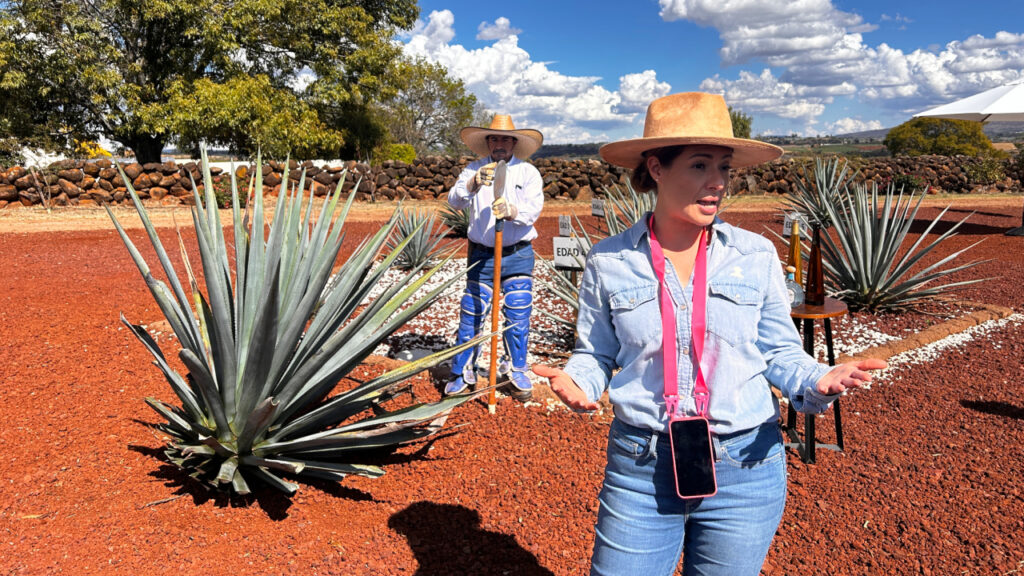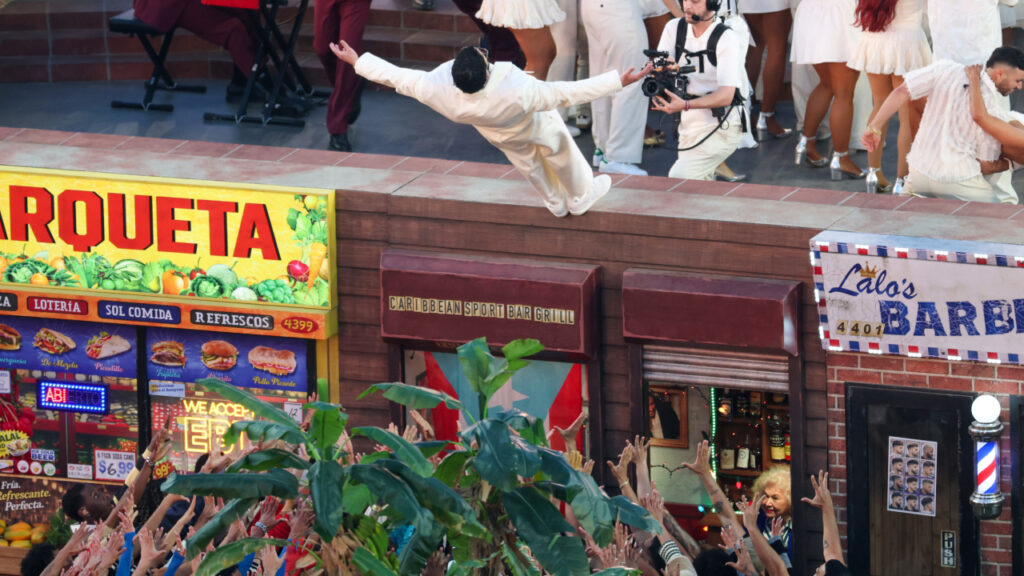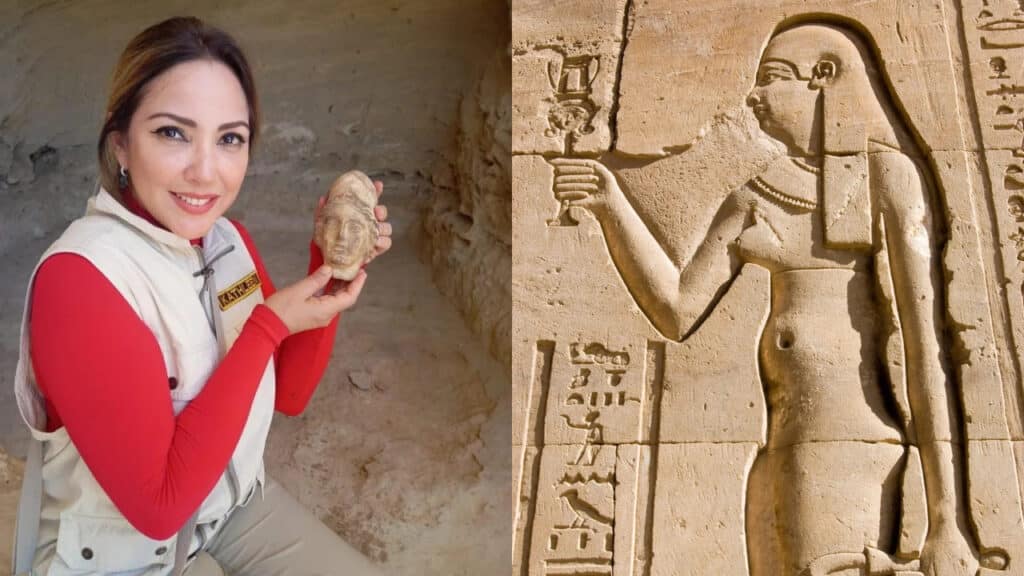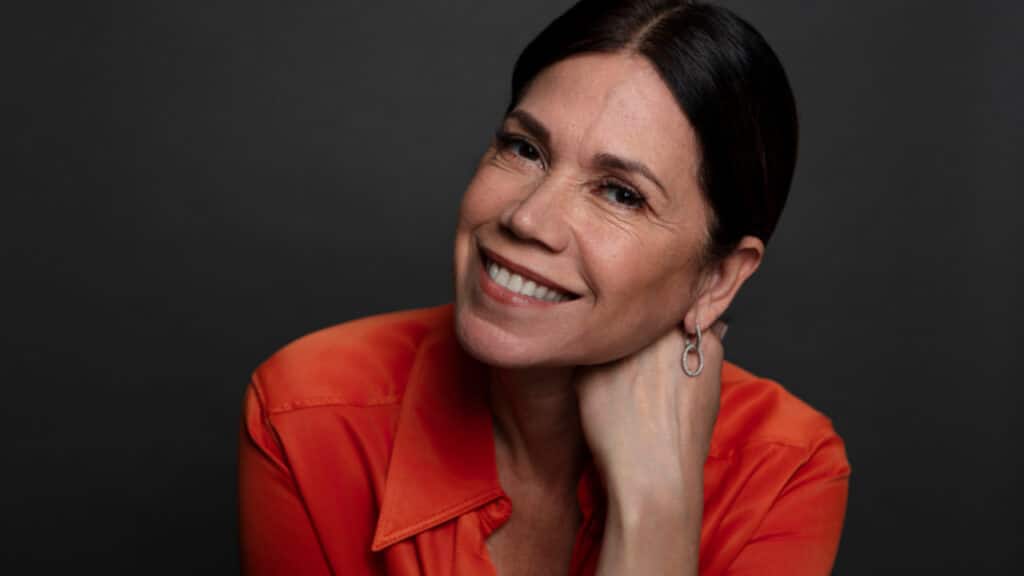
How Jennice Fuentes Is Teaching Puerto Ricans to “Wield the Sword” of Civic Power
When Jennice Fuentes left Capitol Hill after 25 years of political work, she didn’t retire from public life. She redirected it. The Puerto Rican strategist, who served as Chief of Staff to Representative Luis Gutiérrez, had seen how decisions that shape millions of lives were made by those who simply showed up.
She wanted her community to do the same.
“I saw firsthand that the most powerful voices in shaping policy are oftentimes the voices in the community,” Fuentes told FIERCE. “Decisions that affect millions are made by the people who show up, speak up, and stay on it. You need to stay engaged if you are serious about change.”
That conviction led to the founding of BoricuActivatEd, or BAE, a national nonprofit organization she established to mobilize the Puerto Rican diaspora and Latino communities through civic education. The organization’s unofficial slogan captures its approach: “We teach people how to wield the sword without telling people which way to swing.”
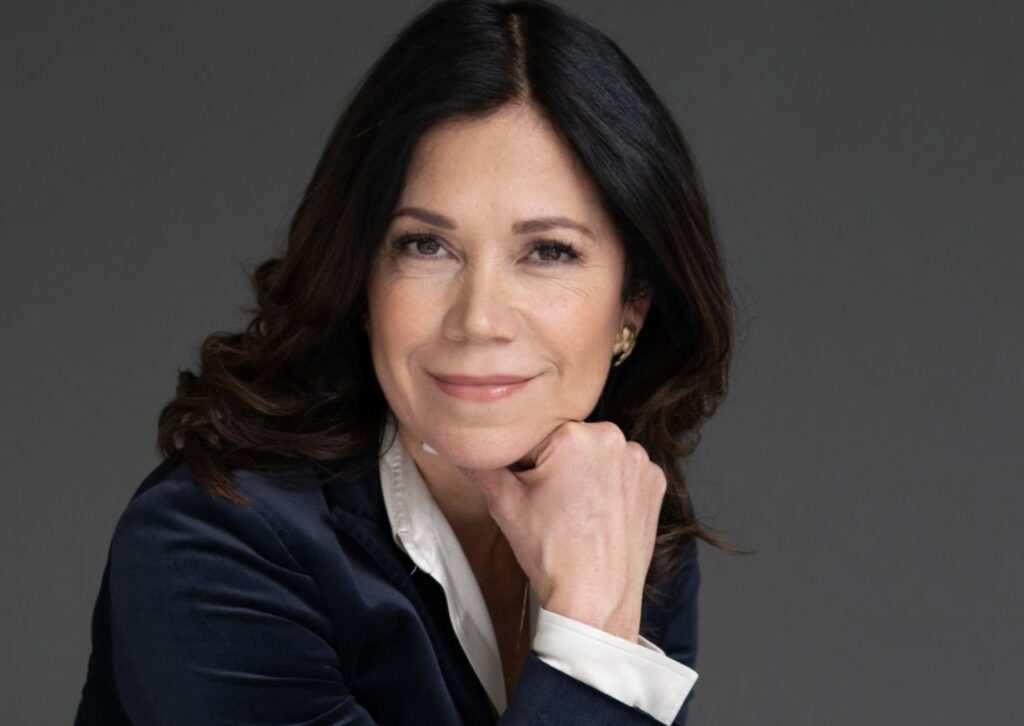
Jennice Fuentes saw that power lives outside Capitol Hill
According to Fuentes, decades in Washington taught her that democracy relies on participation, not proximity to power. “It was heartbreaking to see that too many people didn’t know how to use that power,” she said. “It was always my dream to teach people how to use that power.”
At BAE, she’s shifted from shaping policy to shaping citizens. “The impact is different,” she explained. “It’s less about a single bill passing and more about building a culture of advocacy that lasts beyond election cycles. It’s about establishing and nurturing your relationship with your elected officials.”
BAE’s workshops teach participants how to contact representatives, provide testimony, and build confidence in advocacy. For Fuentes, engagement isn’t a favor people seek from politicians. It’s a right. “It is our role as members of our community to make that call, seek out our elected officials, and ask for the service,” she said. “This is not a favor that we seek. This is a service that is due to us.”
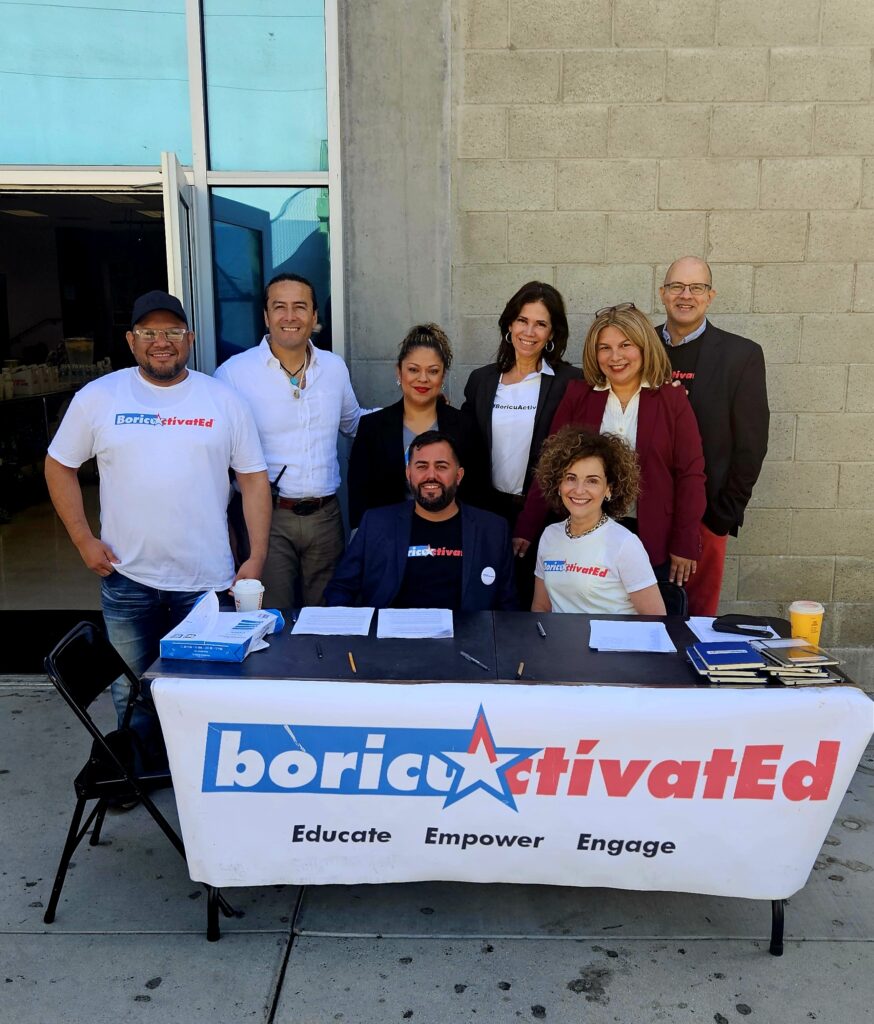
BoricuActivatEd is turning Puerto Rican migration into political influence
According to Fuentes, the 2017 devastation of Hurricane María was the catalyst for launching BoricuActivatEd. The storm displaced an estimated 200,000 Puerto Ricans to the mainland, creating a new opportunity to expand civic participation.
“Puerto Ricans are not the only ones who lose their right to vote for president when they live on the island,” Fuentes explained. “Any resident of the island loses this right when they claim Puerto Rico as their residence.” That irony—losing a voice at home but gaining one abroad—became central to her strategy.
“At BAE, we frame this tension as both a responsibility and an opportunity,” she said. “We train the diaspora to use their advocacy and civic power for themselves and in solidarity with families back home who don’t have the same voice, especially in moments of crisis, as was the case in 2017.”
Her workshops help communities understand how to move from awareness to action. “Every voice stateside can echo back to the island,” she added.
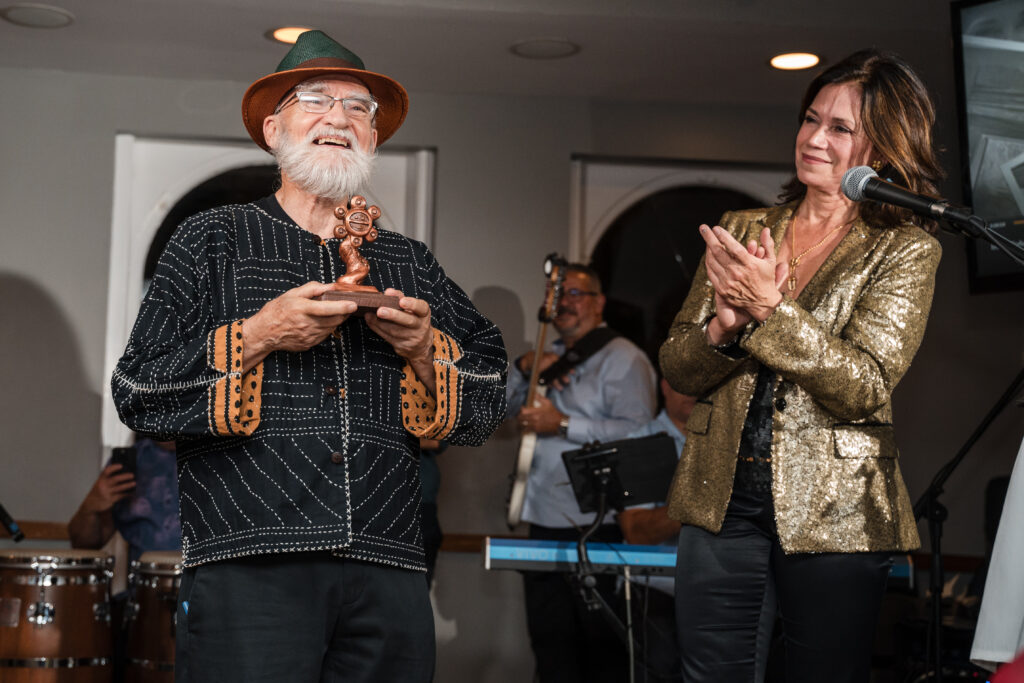
Culture, courage, and the politics of influence
The success of artists like Bad Bunny has reignited conversations around Puerto Rican identity and civic pride. Jennice Fuentes sees that connection as vital.
“Culture sets the stage for civic life. It informs and guides. It lifts you,” she said. “You don’t have to be an elected official to have an impact. What it takes is courage. Courage to stand up, speak out, and be unapologetically yourself.”
Fuentes said that Bad Bunny embodies that courage. “He’s very courageous to stand up for what he believes and not worry about what it could mean to his career,” she told FIERCE. “He’s really a phenomenon.”
However, Fuentes believes cultural moments must lead to strategy. “If you want to protect what is important to you, you need to have strategy and you need to set that strategy in motion,” she said. “Caring, doing, and preparing need to go hand in hand. And if you care enough, you will then do something about it.”
She explained that cultural icons can ignite awareness, but organizations like BAE ensure that the spark turns into long-term civic action. “Culture can open the door, but civic education makes sure people walk through it and keep moving toward real change,” she said.
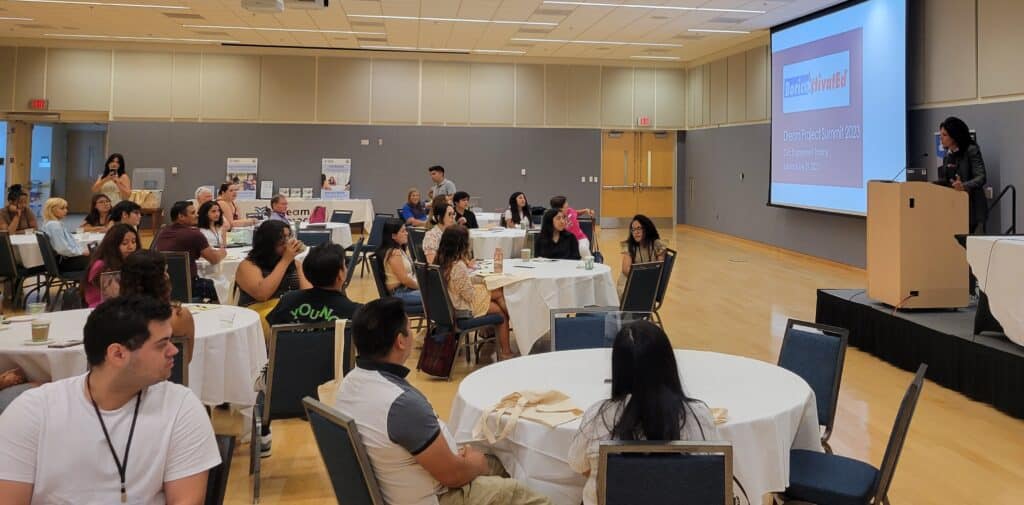
Jennice Fuentes is helping young Latinos rethink politics
Many young Latinos are politically aware but disillusioned with party systems. Fuentes said that’s where her trainings come in.
“Politics don’t start or end with a political party. It starts with you,” she said. “Our trainings are about giving people the tools: how to tell their story, how to organize, and how to meet with officials.”
For Fuentes, storytelling is the core of political power. “Understanding the power of your personal story is something to hone in on, because when you connect your lived experience to an issue, it becomes undeniable,” she said.
BAE teaches young advocates that engagement isn’t about taking sides. It’s about taking space. “We never say ‘swing left’ or ‘swing right.’ What we tell people is if you’re not at the table, you risk ending up on the menu,” Fuentes said. “Our job is to make sure you can get a seat.”
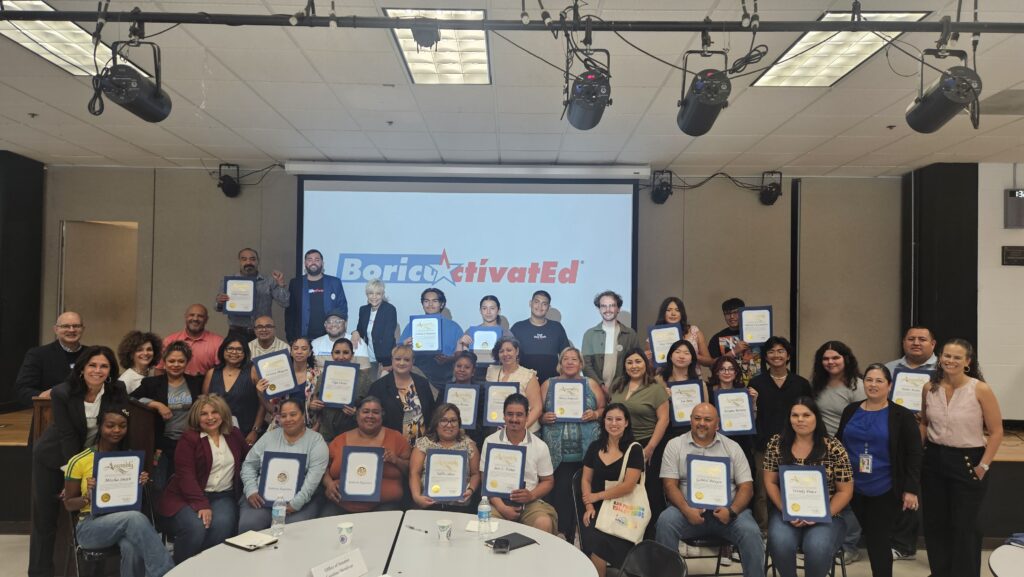
From Capitol Hill to the community, the mission stays the same
After decades in Washington, Fuentes is clear about what Latinos need most to turn visibility into influence. “Latinos make up nearly 20% of the U.S. population, yet we make up less than 2% of elected officials nationwide,” she said. “We are underrepresented in boardrooms, courts, and the highest levels of government.”
That gap, however, is not the whole story. “Our community has always carried a generational work ethic built on sacrifice, resilience, and creativity,” she said. “The challenge now is to channel those qualities into building civic power.”
Fuentes believes the path forward depends on mentorship and representation. “First, they need to see leaders who look like them, role models who prove it can be done,” she said. “Second, supporting one another is key. I could not have gotten to where I am today alone. I will be forever grateful to every mentor who helped, protected, and guided me.”
That’s the vision behind BoricuActivatEd: to make sure Latinos are not only seen but supported as they step into positions of power and sustain their impact.
“At BAE, we train our community not just how to speak up about what matters to them but to understand how policy is made, how budgets are written, and even how to run for office,” Fuentes said. “Visibility is not enough; we need to translate it into influence and long-term change. And the way we get there is by building the civic muscles to stay in the fight long after the cameras leave.”

